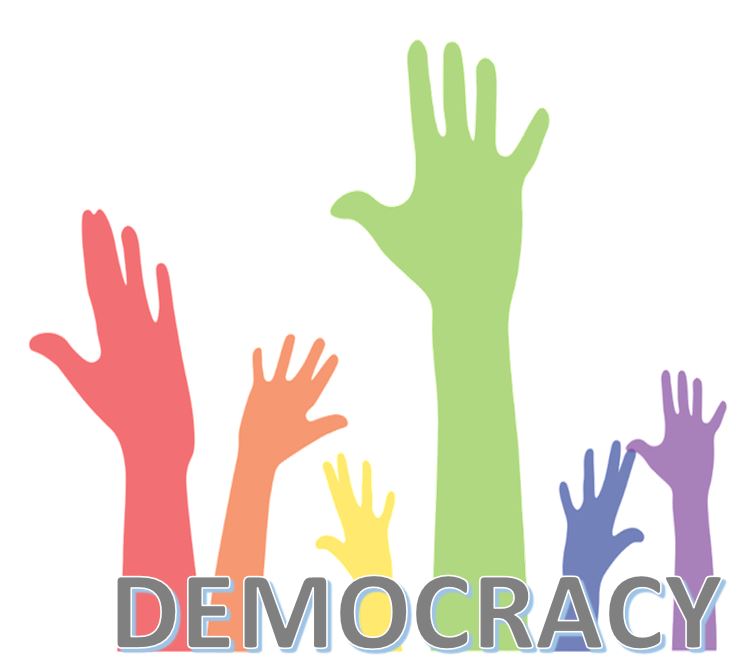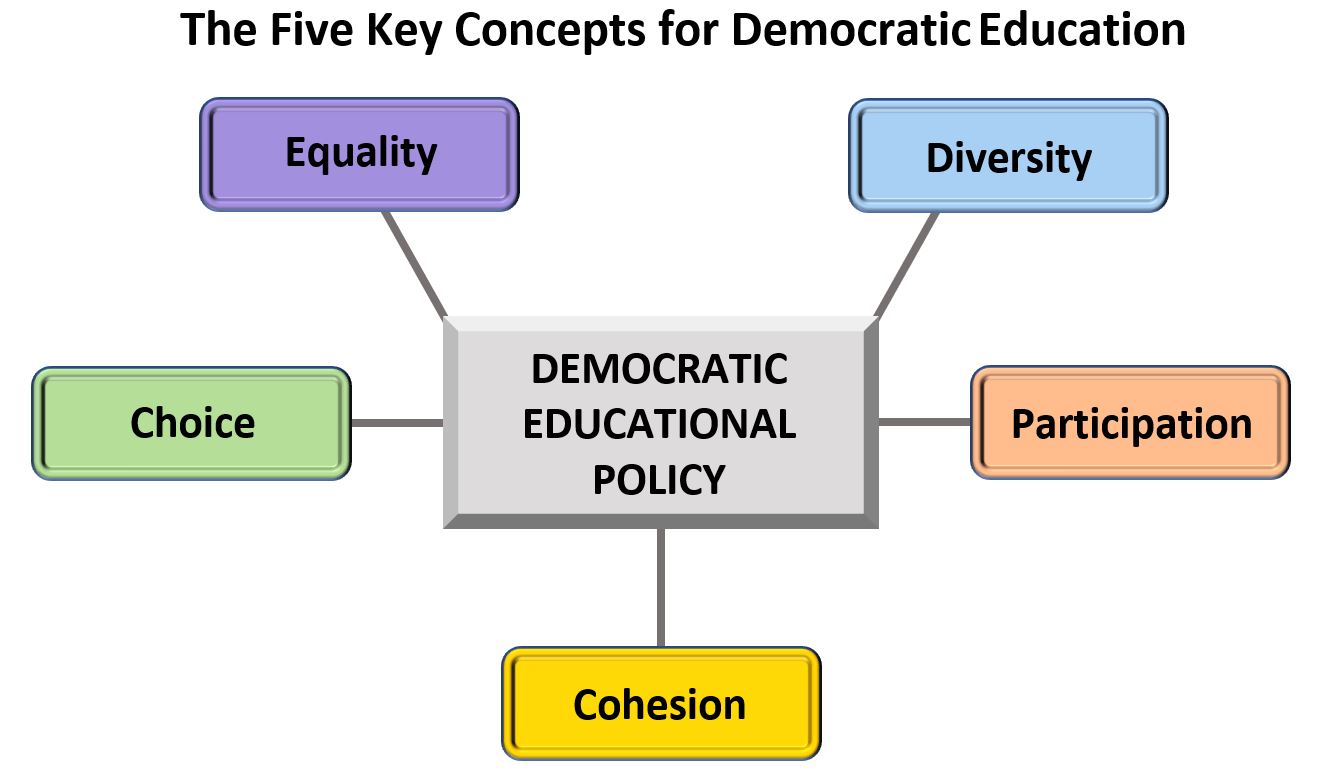5.4 Democratic Education

The democratic process is to engage in free actions of selections and choices. Democratic education reflects the pedagogical aims and learning objectives that are rooted in freedom, values, and trust. These characteristics of democracy are all about civility, and all stem from the ancient Greek philosopher, Plato[18]. Civility is a common theme, and it can be observed in this sense of democracy and civility in education.
Berkowitz, Althof, and Jones cite educating the civic persona, which supports pedagogical performance, while adhering to moral pillars of character[19]. To make sense of civility and democratic education, connect the best practices by merging diverse teaching, student satisfaction, structuring of cognition, and cognitive apprenticeship. These can be enhanced by adopting divergent philosophies on education, such as rational pedagogy, feminist pedagogy, postmodern pedagogy, and theologian pedagogy. All these branches of learning come from the tree of freedom and democracy to develop a broad range of concepts for civility in education. It is Perry who put forward five key concepts[20] for democratic education to combine the divergent areas that are expected for freedom in education.

Democratic education can be proliferated to accept learning from and with differences. Pykett visualizes “the social conditions of freedom which comprise the cultural and governmental environment in which pedagogical subjects are produced – that is, the making and shaping of a people who are governable but not unproblematically governed”[21]. What can be deduced here is that democratization of education can be a powerful motive for enhancing different pedagogical designs and different forms of learning. From a multi-disciplinary approach, learning can take a whole new shape by moving forward to an ever-expansive society.
Perry’s 5 Key Concepts of Democratic Education
Below use the presentation of Perry’s five key concepts of democratic education for a more robust understanding of how democracy works with freedom and autonomy for both student and educator.

